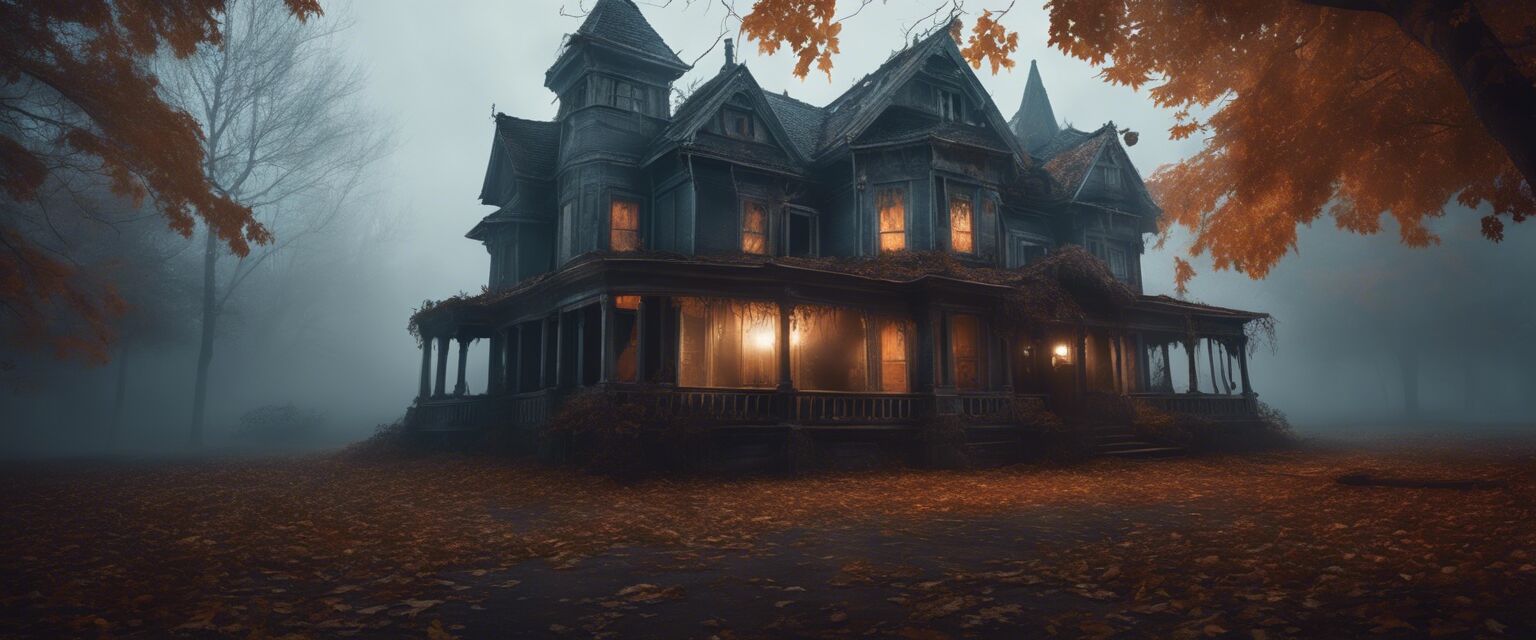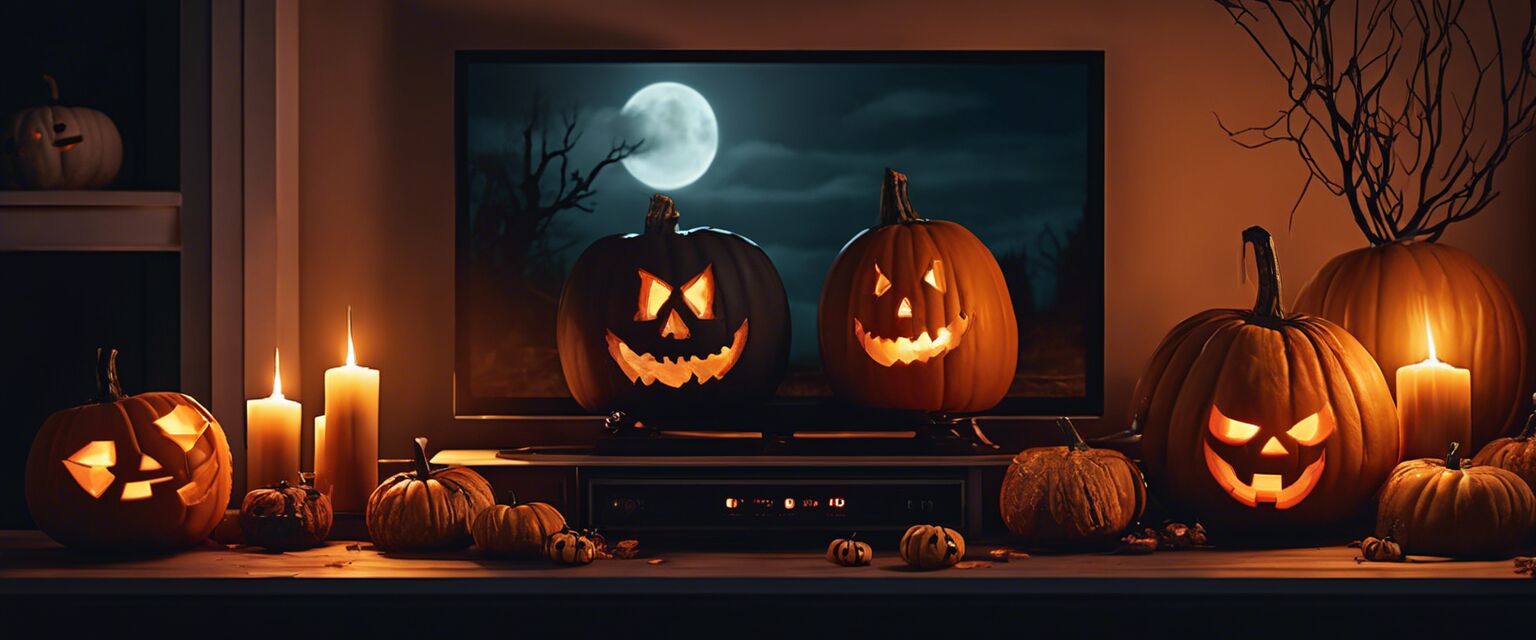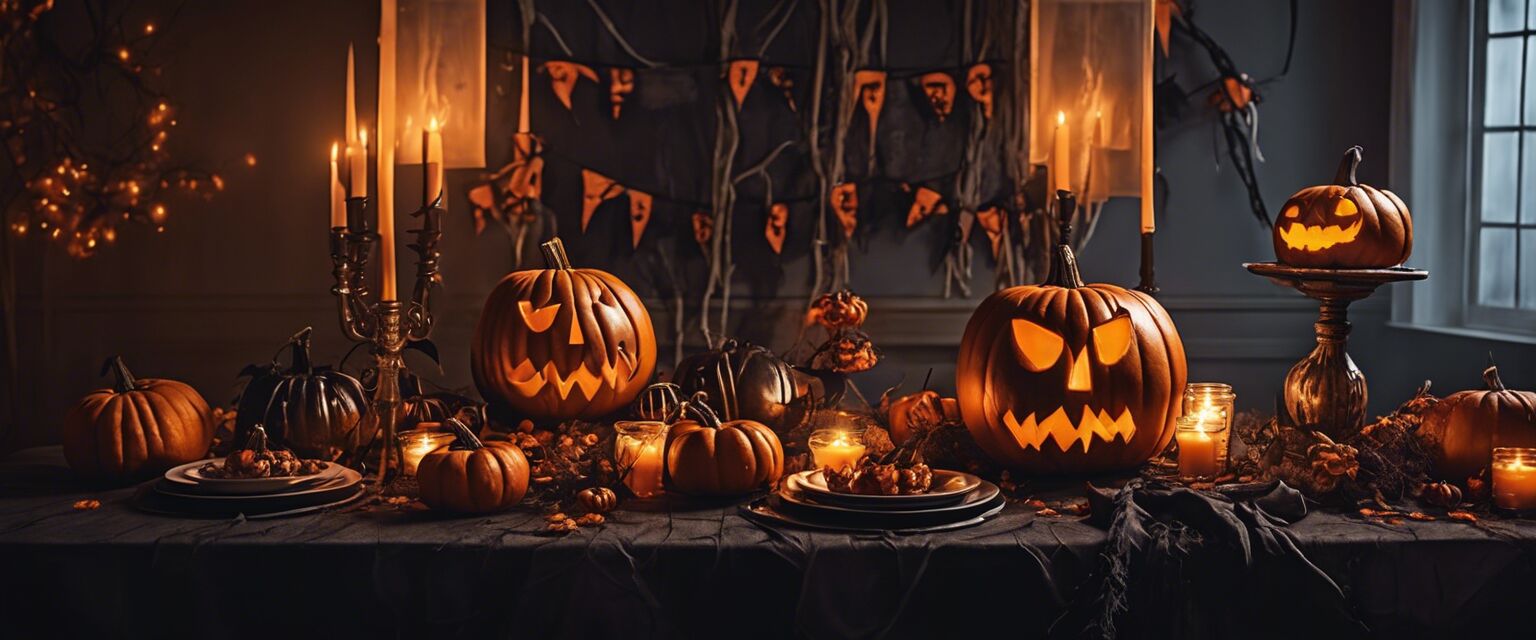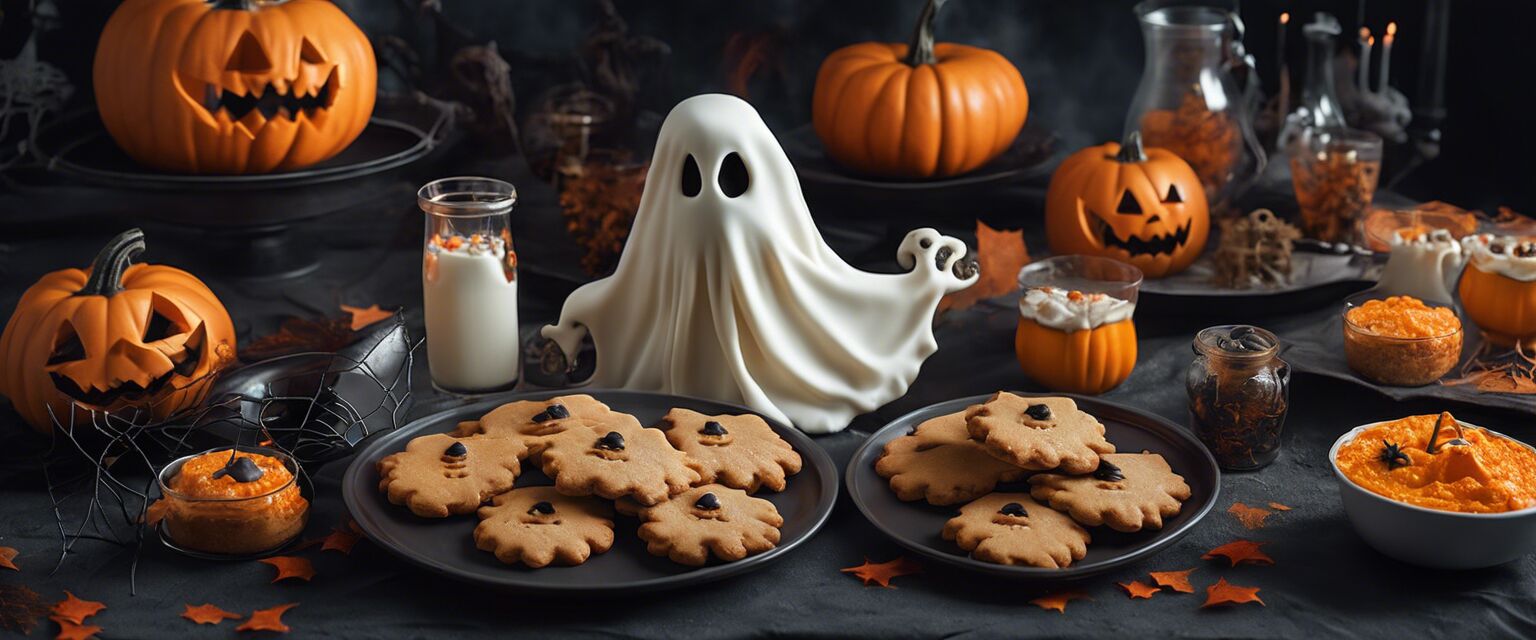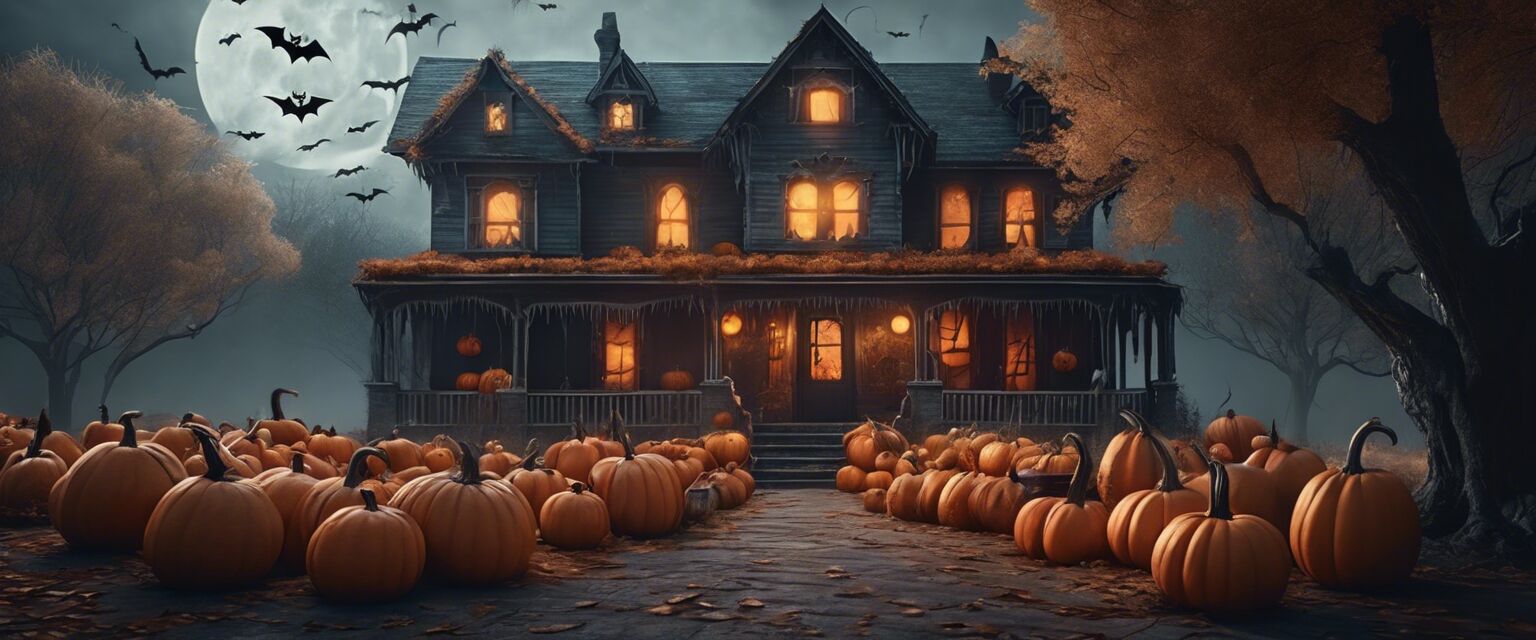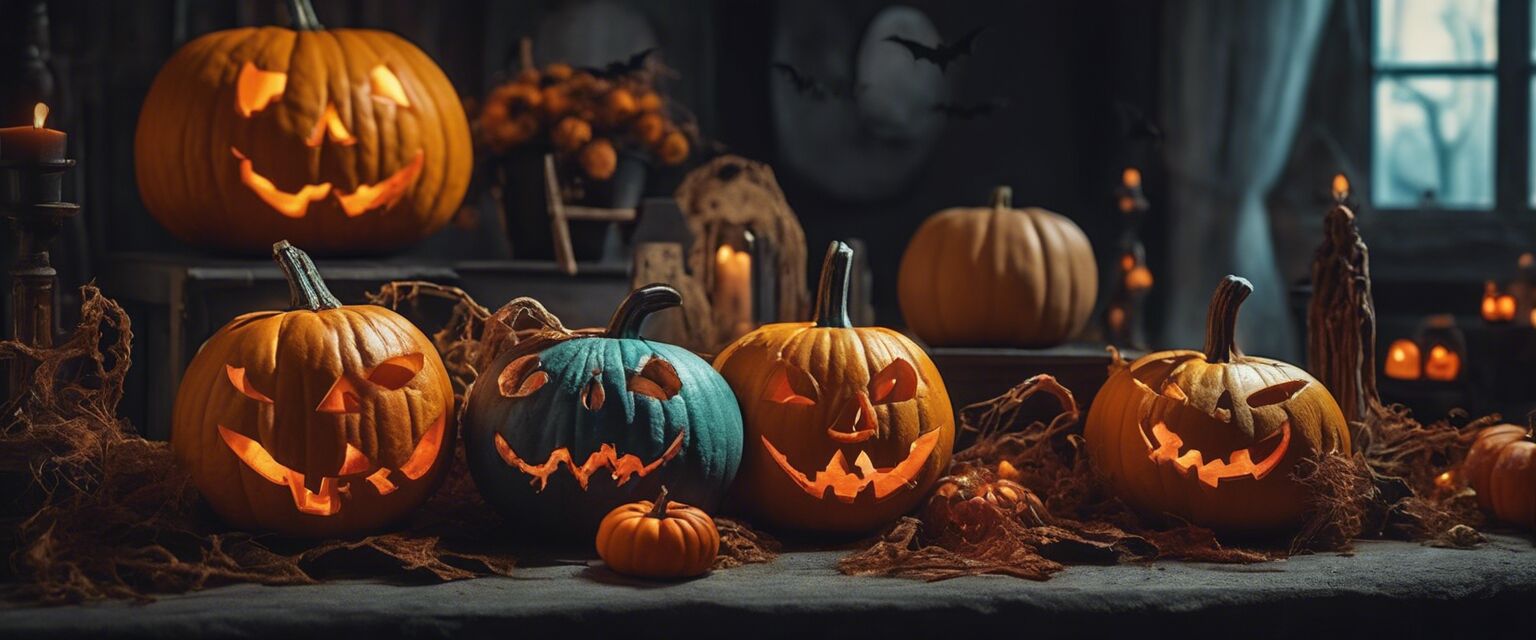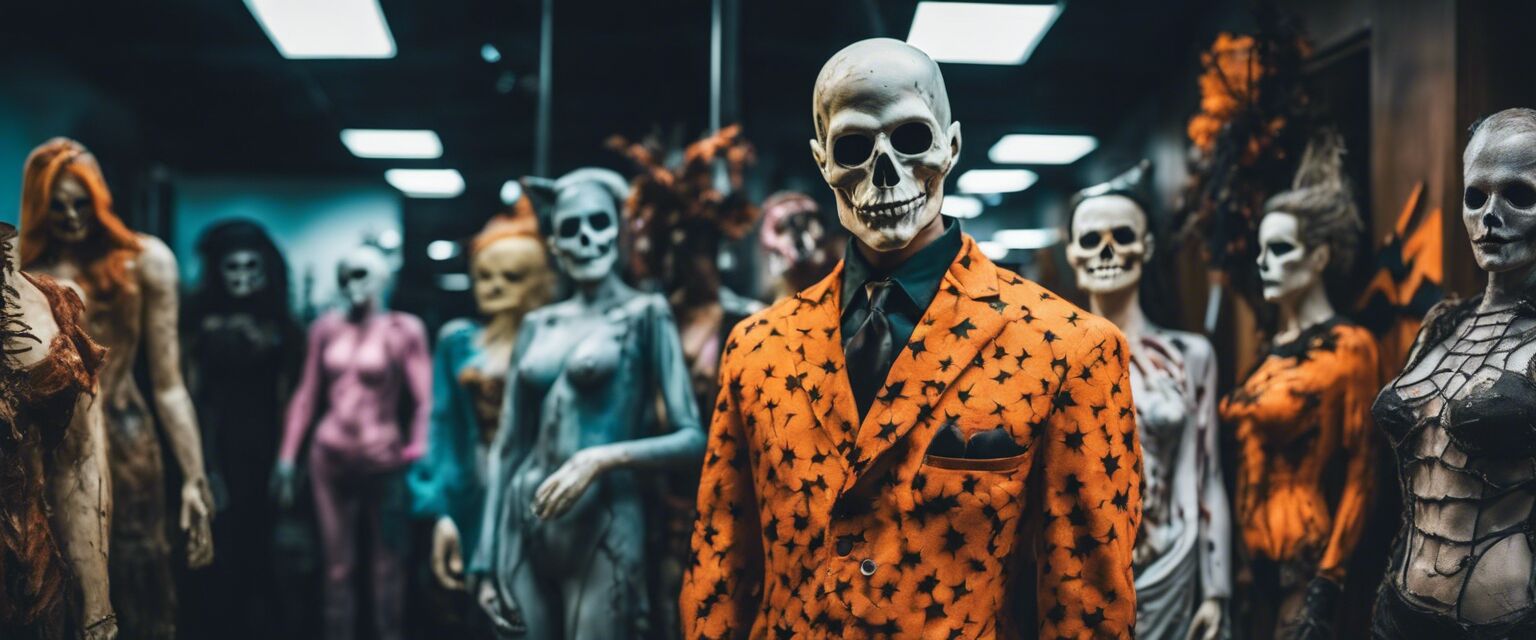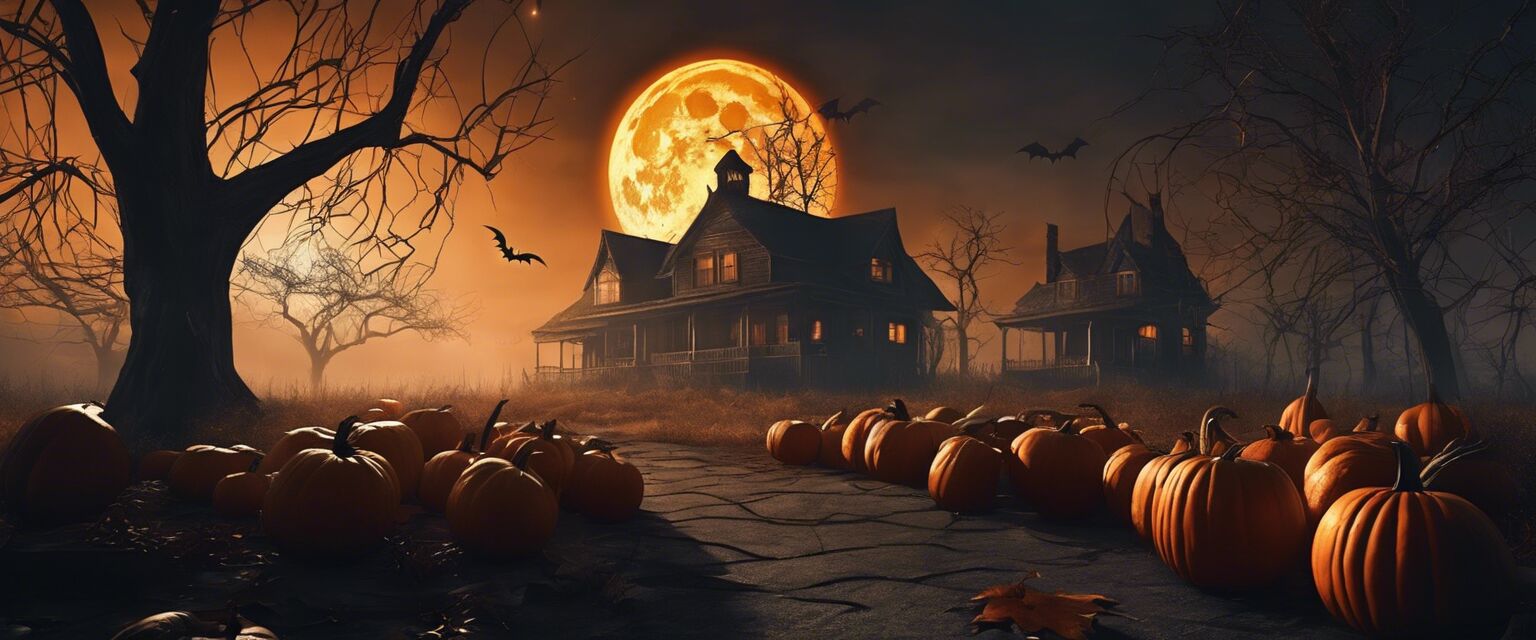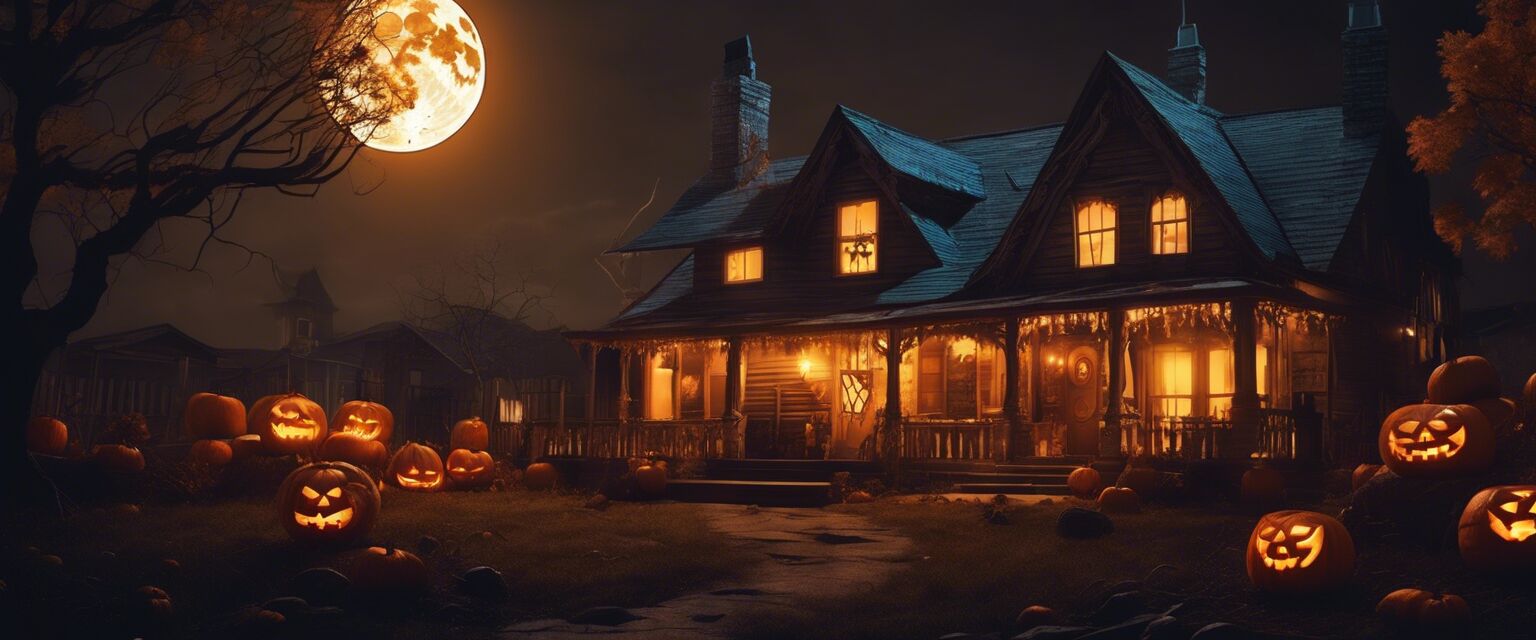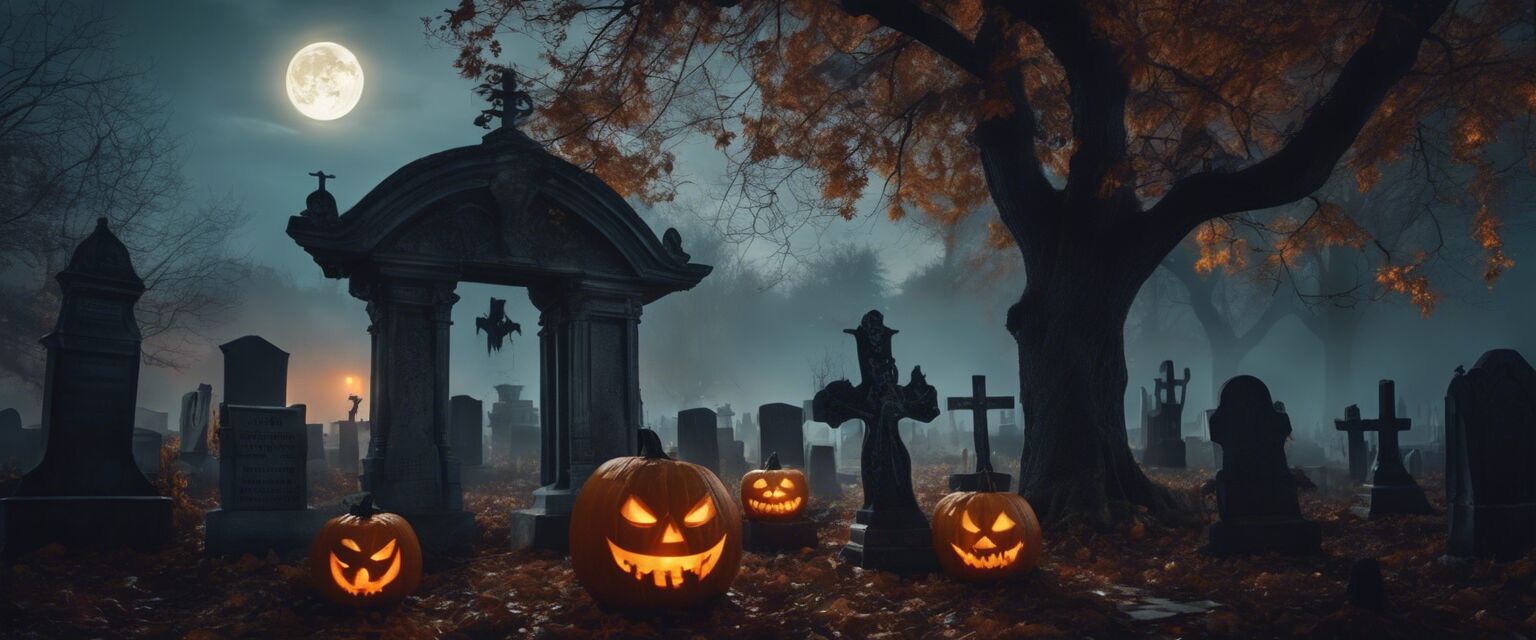
Halloween Myths & Legends
Key Takeaways
- Halloween has deep roots in Celtic traditions and ancient rituals.
- Famous myths include the origins of jack-o'-lanterns and trick-or-treating.
- Legends of ghosts, witches, and supernatural beings add excitement to Halloween festivities.
- Understanding these tales enriches the Halloween experience, bringing deeper appreciation for the holiday.
Halloween is not just a night of costumes and candy; itâs a captivating tapestry woven with myths and legends that have evolved over centuries. As we delve into the stories behind our beloved Halloween traditions, we will uncover the eerie folklore that makes this time of year so special.
The Origins of Halloween
Halloween, also known as All Hallows' Eve, has its origins in the ancient Celtic festival of Samhain. This festival marked the end of the harvest season and the beginning of winter. It was believed that on the night of October 31st, the boundary between the living and the dead was blurred, and spirits could return to earth.

Folklore and Myths
As Halloween evolved, so did the stories. Here are some popular myths associated with Halloween:
| Myth | Description |
|---|---|
| Jack-o'-lantern | The legend of Jack, a clever blacksmith who tricked the devil and was forced to wander the earth with only a carved turnip to light his way. |
| Trick-or-Treating | A tradition that traces back to the practice of âsouling,â where the poor would exchange prayers for food on All Hallows' Eve. |
| Witches | The belief in witches intensified during the Middle Ages, with tales of witches flying on broomsticks and casting spells to commune with spirits. |
| Ghost Stories | The nights of Halloween are said to be the best time to tell ghost stories, as spirits are believed to roam more freely. |
The Symbolism of Halloween
Various symbols associated with Halloween have rich histories that influence the way we celebrate today. Here are some significant symbols and their meanings:
- Pumpkins: Symbolizing harvest and the darker aspects of nature, they are commonly carved into jack-o'-lanterns.
- Bats: Often seen as omens, bats are linked to witchcraft and the supernatural.
- Black cats: Traditionally associated with witches, they are considered unlucky in some cultures.
- Graveyards: Representing death and the afterlife, graveyards amplify the spooky ambiance of Halloween.
Notable Legends Around the World
Halloween traditions vary across cultures, leading to numerous legends that paint a diverse picture of this spooky holiday. Below are a few notable legends:
| Culture | Legend | Halloween Practice |
|---|---|---|
| Irish | The Dullahan, a headless horseman who calls the souls of the dead. | Children dress as ghosts to scare away the Dullahan. |
| Mexico | DÃa de los Muertos, or Day of the Dead, honors deceased loved ones. | Offering food and altars decorated with marigolds and sugar skulls. |
| United States | The Legend of Sleepy Hollow, featuring the Headless Horseman. | Popular stories and themed parties centered around Halloween. |
| Japan | Kawaguchi Daiko, where taiko drummers summon spirits. | Festivals featuring traditional music and food for honoring spirits. |
Understanding Halloween Traditions
Many customs we enjoy today stem from ancient practices. Knowing their origins adds depth to the Halloween celebration. Let's explore some of these traditions:
Pros
- Enhances cultural appreciation of Halloween.
- Makes the holiday more meaningful with historical context.
- Provides entertaining stories ideal for gatherings.
Cons
- Some myths may be misinterpreted, leading to misunderstanding.
- Not all traditions are well-known; could exclude aspects of culture.
Conclusion
Halloweenâs myths and legends not only enhance the thrill of the spooky season but also connect us to history and culture. Understanding these tales allows us to celebrate with a greater appreciation for the deeper meanings behind our traditions.
Tips for Enjoying Halloween Myths
- Share stories about mythological origins with family and friends.
- Incorporate elements of these tales into your Halloween decor.
- Explore Halloween movies that delve into myths and legends.
- Participate in local events that celebrate cultural Halloween practices.
Learn More
If you want to explore more about Halloween traditions, check out these related sections:
